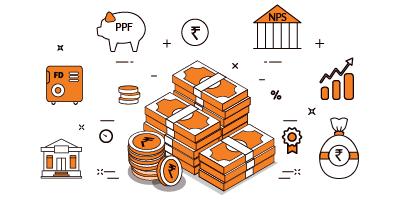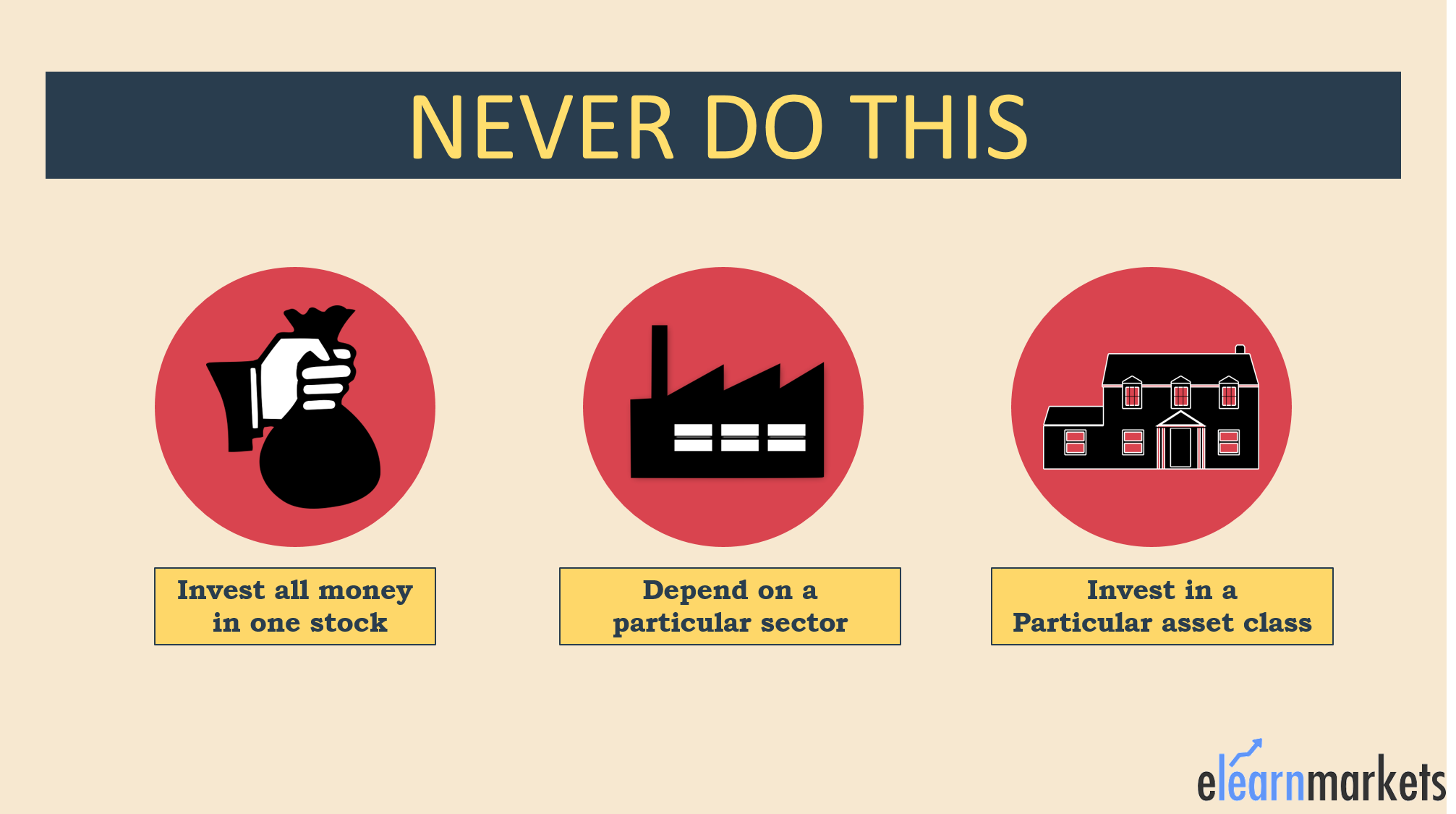Building Wealth that Lasts
Are you building wealth that lasts?
Larger-than-average returns almost always require you to take larger-than-average risks, and there are no free lunches in investing. As you work to build wealth and secure your financial future, stay focused on three long-term investment musts:
Build a “just in case” nest egg: Nearly one-quarter of Americans have no emergency savings. Don’t let yourself get caught in that trap. Retirement savings accounts are critical savings vehicles, but tapping into them before retirement typically brings steep tax penalties. To prevent this from happening, build an emergency fund — as described earlier — that amounts to roughly three to six months of your living expenses.
One of the most significant things you can do for your financial future is to make saving automatic — that is, have your bank automatically direct a portion of your paycheck into an account specifically for saving. This ensures you save consistently instead of forcing you to make an active choice to set money aside.
This sum should stay somewhere with low risk like a bank account, and it should remain liquid (i.e., cash or something else that’s always available to you) to ensure you can access it if you ever need it. Once you’ve established an emergency fund, invest future savings based on your risk tolerance.
Steer savings in the right direction: Generally, you’ll want to start by deciding what percentage of your assets you want to be in riskier assets (stocks/shares) and what percentage you want in safer assets (cash and bonds). This depends on your risk tolerance, as outlined above. Somebody young and working should be almost all in stocks, while somebody near retirement age should have a healthier allocation to bonds.
If you’re just starting to invest, I believe you should look at mutual funds or ETFs (i.e., a collection of stocks, bonds, and other investment vehicles) rather than individual stocks (i.e., ownership in only one company) because it will be easier to create a diversified account using funds if the account in question is small.
Diversification (owning a variety of assets) is important because it lessens the chance that your whole portfolio will lose value in a market downturn. You’ll want to find funds with solid track records and reasonable fees; plenty of popular press and dedicated research sites like Morningstar or Yahoo Finance will provide this information.
When you’re ready to start investing in individual stocks, you’ll want to do the same kind of research on any companies you consider: Do they have good track records? Do they have good management? Is the stock price reasonable? Does it add diversification to your portfolio, or is it similar to what you already hold? Spend some time on this step to ensure you’re making informed investment choices.
Make variety a theme of your investments: Diversifying across your entire investment “portfolio” (i.e., all of the investments you hold) is critical to building wealth because it allows you to manage risk more effectively. Stocks are one of the most talked-about investments, but you wouldn’t want to tie your entire financial future to the success of a single company — or even any broader market.
Depending on your financial circumstances and risk tolerance, you might want to consider investing in private equity, venture capital, precious metals, commodities, and real estate, all of which are available on the market. All these investments can be effective means to achieve portfolio diversification and manage risk.
Why? Because they rely on different underlying drivers. This means they generally operate in ways that are uncorrelated with each other and with more traditional investments like stocks and bonds, so they may be going up when stocks are going down.
A well-constructed portfolio should include several different types of assets (meaning stocks, bonds, etc.) that do not move in tandem. This reduces the volatility of a portfolio without necessarily lowering its return potential.
While these steps alone will not guarantee you complete financial independence, I believe they’re a great starting point. They can help you amass savings, achieve portfolio diversification, and empower you to start building wealth for a better financial future.





Comments
Post a Comment